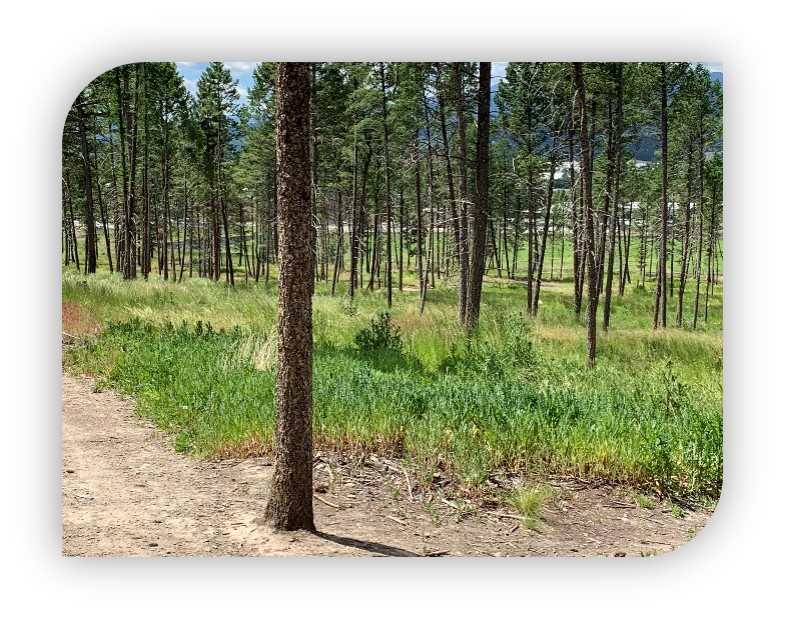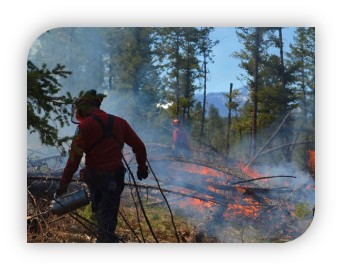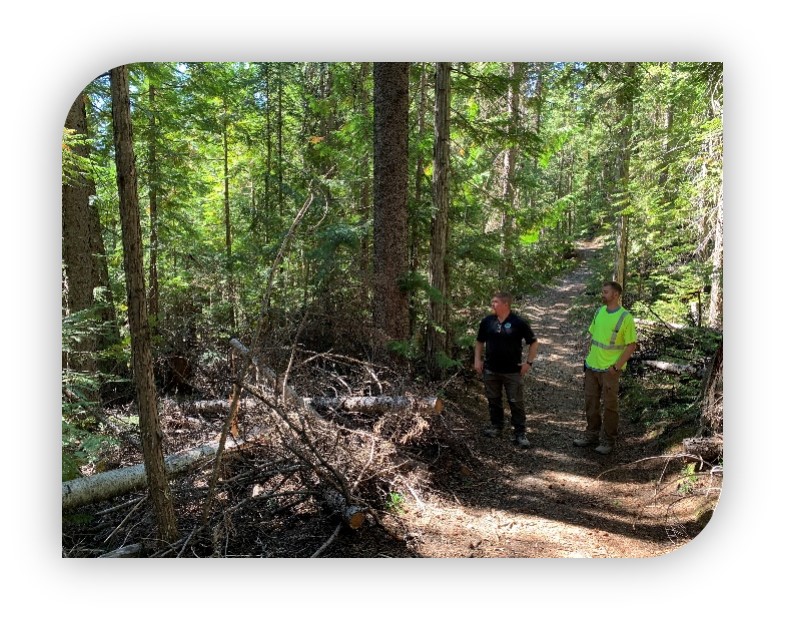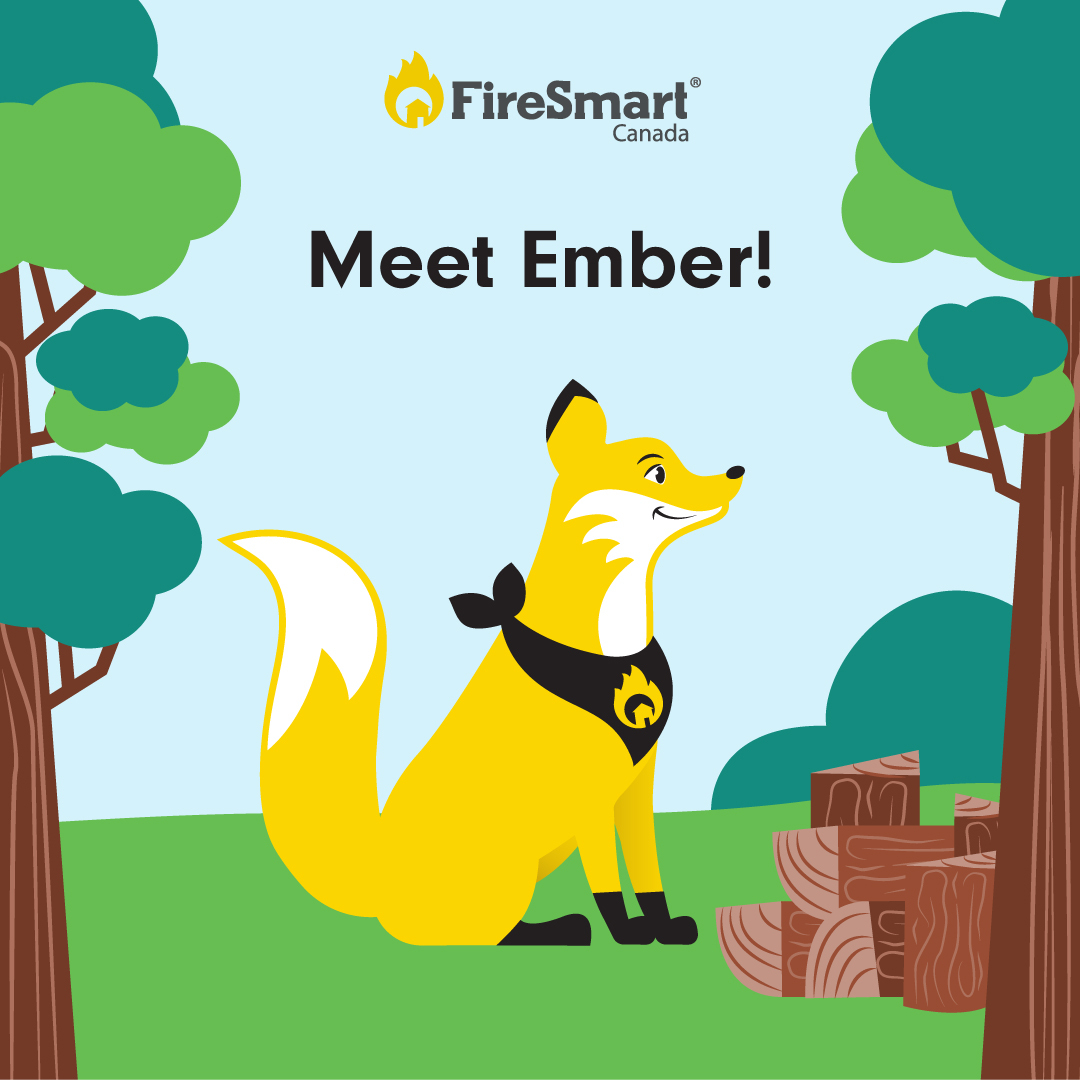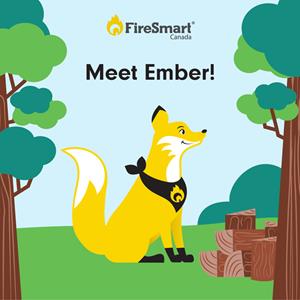The Forest Enhancement Society of BC (FESBC) is proud to support FireSmart BC’s 2023 spring campaign, “Everyday Chores Make Everyday Heroes.” As spring brings forth new life and rejuvenation, it also serves as a timely reminder of the need for heightened wildfire prevention efforts in British Columbia. It’s time to turn everyday tasks into opportunities to make a difference and reduce wildfire risks.
The campaign revolves around the idea that by dedicating a few moments each day to tasks like cleaning gutters, clearing yard debris, and creating defensible spaces around our homes, we become everyday heroes. These seemingly mundane chores transform into acts of bravery that can save lives and protect our properties. Each small step contributes to a collective effort that builds resilience and ensures the safety of our beloved province.
For the next month, FireSmart BC’s “Everyday Chores Make Everyday Heroes” campaign calls upon all British Columbia residents to seize the beginning of spring as the ideal time to address potential wildfire risks. The recent sight of smoke billowing from wildfires reminds us of the urgency to take proactive measures. It’s time to unleash our inner heroes and make a lasting impact on our safety and communities.
At FESBC, we are proud supporters of FireSmart BC’s mission to promote wildfire prevention and enhance forest resiliency. Through funding, partnerships, and the promotion of best practices, we enable the implementation of FireSmart initiatives throughout the province. As a member of the BC FireSmart Committee, established in 2017, we actively contribute to the direction and coordination of wildfire prevention activities.
The “Everyday Chores Make Everyday Heroes” campaign is a call to action for all British Columbians to become active participants in wildfire prevention. By joining this movement, we can transform ordinary tasks into extraordinary acts of heroism, protecting our homes and communities. Let’s spread awareness, participate in community events, and share our experiences to inspire others to take action in helping B.C. be a wildfire-resilient province where everyone works, plays and lives FireSmart.
Find out more about the campaign and how you can participate, here: https://firesmartbc.ca/


